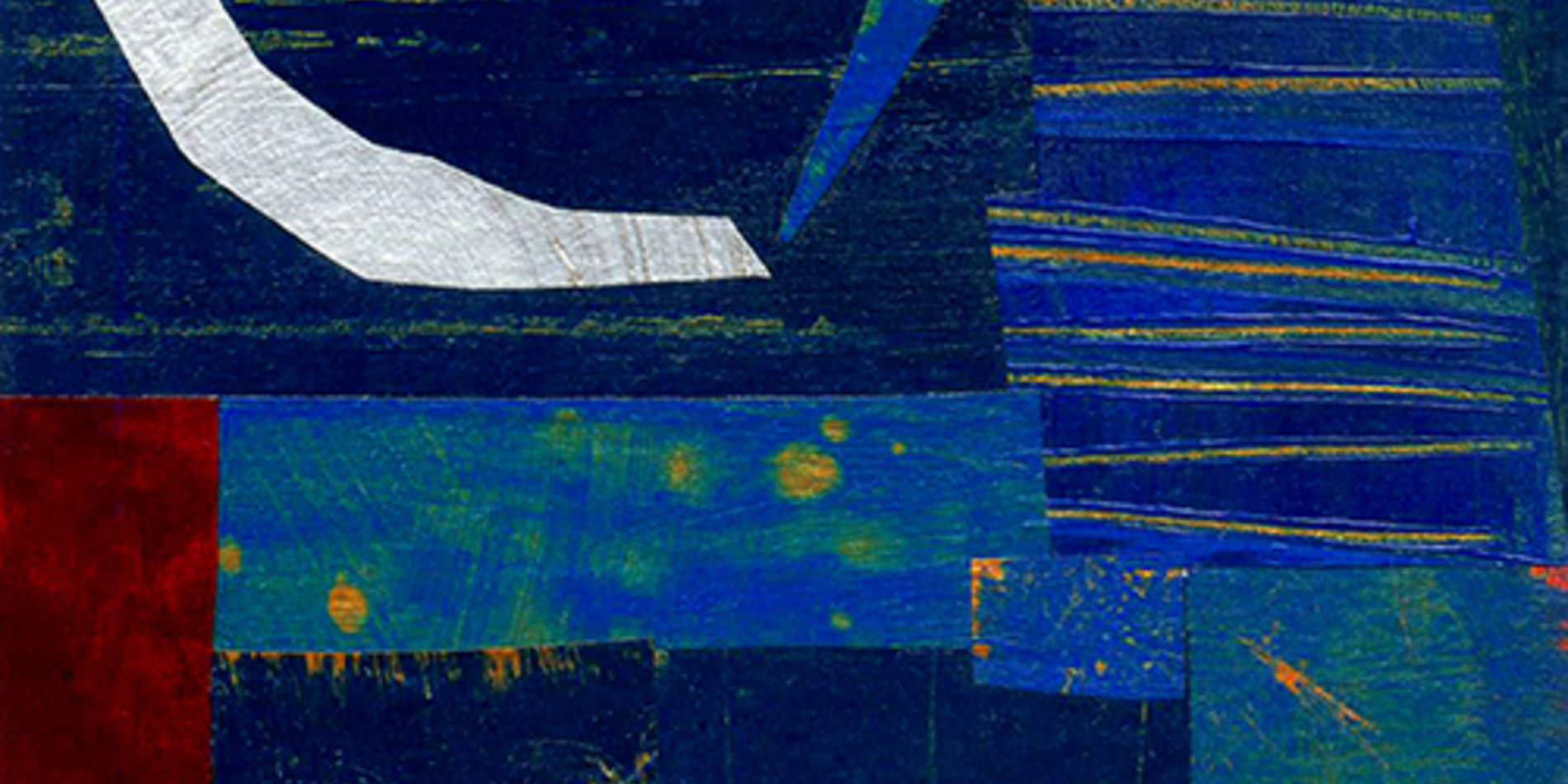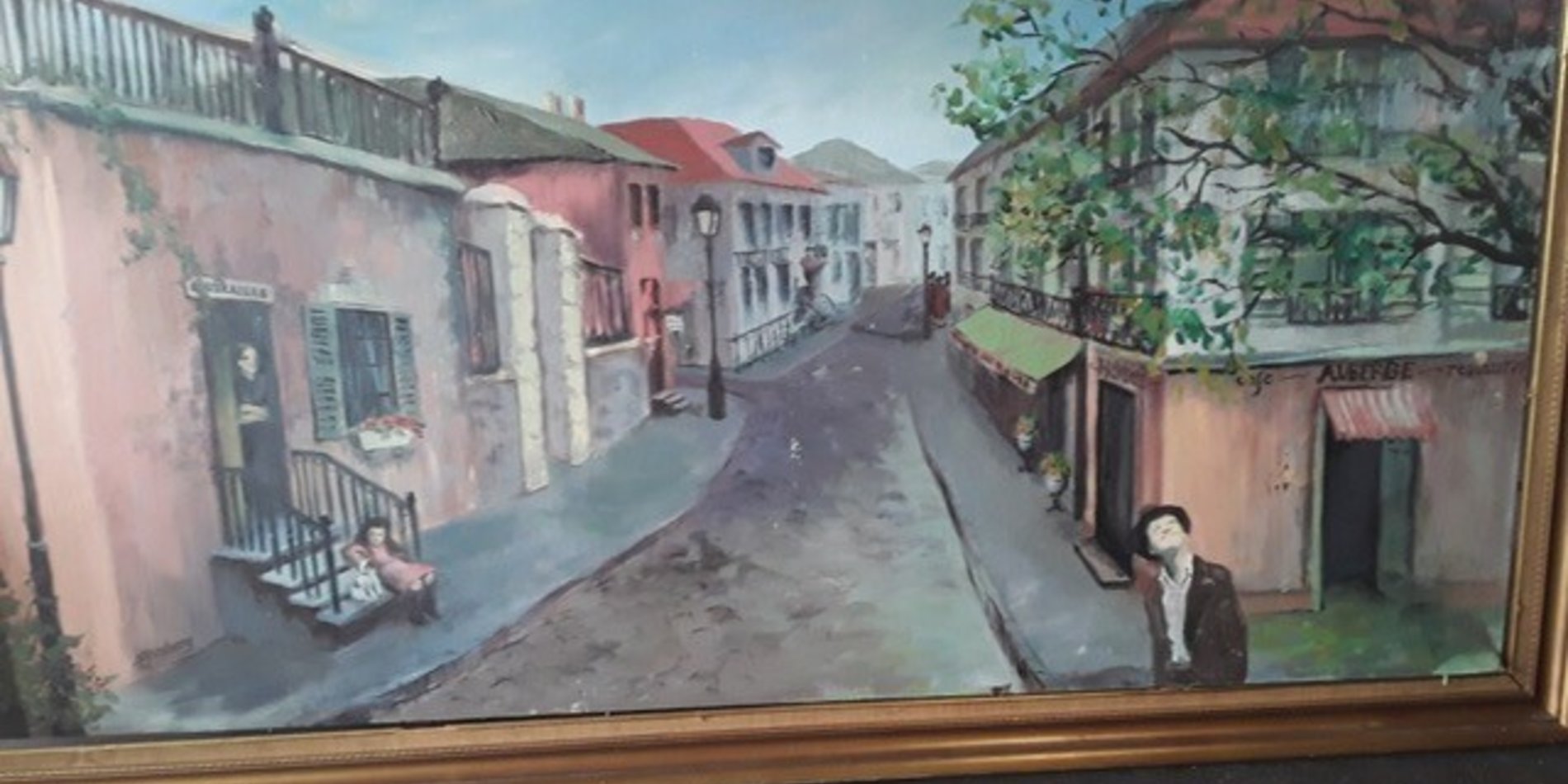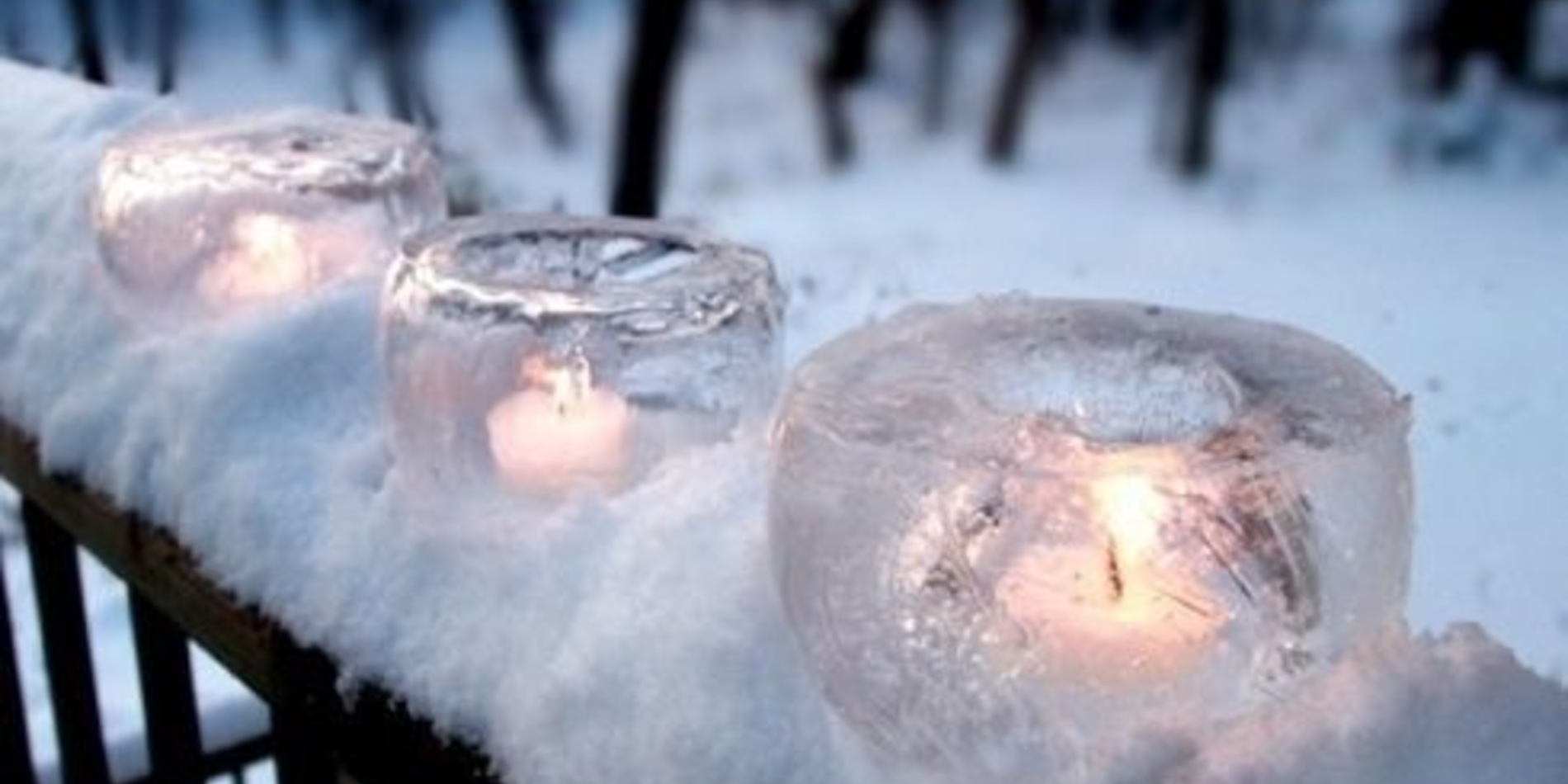Thoughts and Questions on Queerness, Spirituality, and Religion
These last few months have been filled with difficulty. It seems that questions of “what comes next” are popping up quicker than ever, while their answers also become more elusive. In my case, the external challenges of this period have sparked a series of internal reflections in my own mind and heart, and I find myself returning to the familiar in order to make sense of the unfamiliar, and to give closure to the absurdity of our new day-to-day realities.
One group of reflections which I find myself knee-deep pertains to my spiritual path. Prior to the quarantine, I joined a beautiful new Buddhist community and made plans to take the Triple Gem, a major step in the life of any Buddhist. While I am sad to delay these advancements, quarantine has forced my attention to a subject which I often delay considering for fear of what answers I might find — the relationship between my queerness and my spirituality. Today, I humbly hope to share a bit of my internal struggle with you as a signal of solidarity for those who are embroiled in similar questions.
My queerness, which I understand to be a radical sociopolitical identity rooted in my embodied, material will to resist structures of oppression, is so foundational to how I envisage myself that it is impossible to imagine a life without it. Queer creativity is the basis for how I look at art, color, performance, and these miracles which give life meaning. Discovering how my queer elders and families had such a passion for joy and penchant for survival gave me fortitude to survive the darkest moments of my life. And my queer family and friends are my most cherished people — I could write many more sappy articles about them.
My Buddhism serves converse but equally necessary roles in my life. My Buddhism forms and informs my most basic ideas of reality, experience, and existence. The practice of meditation, in its many forms across the diversity of Buddhism, is a healing gift which I am grateful for every day. And the connection to my ethnic ancestry prior to the devastation of settler-colonialism and Communism is a rare opportunity.
Upon reflection, there is much in common in my experiences of queerness and Buddhism. My queer chosen families and my Buddhist sangha (spiritual community) are remarkably similar. Both have long histories of happiness and celebration, as well as persecution and surviving oppression. And there are many who are doing work at the intersection of social justice and political activism with Buddhism, a task which queerness is inimitably linked to.
But there are many, serious problems of tension and contradiction as well. The tension between embodied materialism and spiritual liberation is one source of internal strife. My queer self is so rooted in my material capacity to reorient, interrogate, and parody the conditions of life through a total self-possession. This personal journey in sexual and gender liberation, though, feels at-odds with the mandate Buddhism presents to me. My teachers (whether people, texts, or moments of epiphany) guide me to move beyond gross materialism. I am drawn towards detachment from desire, whether emotional, social, or sexual, in search of a release from this material world and its cycles of life and death. At this first glance, a Buddhist and a queer way of life seem completely at odds.
How can I reconcile this tension? Do I have to sacrifice one to fully pursue the other? Might it be possible that the social and political liberation which queerness strives towards is a prerequisite to the spiritual liberation of all sentient beings that Buddhism hopes for, or perhaps in the reverse order? Is there such a thing as a “queer Buddhism”, or a “Buddhist queer”? Are we able to create something new at this space of tension — more importantly, would we even want to?
I am not able to provide any answers today; I myself am still at the very start of asking these questions. The problem which I can begin solving now is more straightforward. Too many of us are unable to explore these questions; whether because we are rejected from our religious communities and faith traditions, made unsafe and face violence when we explore these inquiries, or simply because there is no dedicated time and space for this kind of exploration. For some, our queer communities may even become a source of rejection if our community members believe religious and spiritual inquiry has no place in queer life. And they would not be totally unjustified in this fear — the history of religious institutions and queer people has been one of incalculable pain and loss.
In spite of all of these forces which push us to give up on these questions, I cannot pull myself away from them. I return to them day-after-day, constantly mulling them over in everything I am doing. When I confronted the fact that I, at the very least, need to try finding answers that I came to my realization — it is up to nobody but ourselves to change the conditions for our inquiry.
This summer, I’ve been leading the creation and launch of a new group, called Queerness, Spirituality, and Religion. We’re a group for any LGBTQIA+ person who is on a spiritual and/or religious path who is looking for community, discussion, and the opportunity to work together to answer some of the questions which we share. This initiative has many faces; we will have leaders who are exploring these questions from around the world come to speak, open discussion groups, as well as more focused working groups which will aim to produce scholarship exploring these questions. Above all, the initiative ought to serve as a place of spiritual refuge.
This initiative is unique not only in its aims, but also in its form. We are based out of Queer Student Resources (QSR), but also exist as a partnership with the Office for Religious Life (ORL). This utterly unique structure grants us incredible resources and opportunities to explore these questions. Because we are an institutional program and not a student club, our focus can be on these questions. We are without any hierarchy in leadership, recognizing that we are all on equal footing in investigating these spiritual questions. And above all, we are an initiative which wants to radically center safety, kinship, and care. This stems from the queer wisdom that, sometimes, we only have each other — and this mutual dependency is not weakness, but beatific strength.
Though there are many important groups which explore the questions of queerness within a particular faith tradition, Queerness, Spirituality, and Religion aims to draw upon the multitudinous strength of faith diversity. My hunch is that we can each solve a piece of the puzzle, and when we come together, we can find answers bigger than anything achievable on our own. This also means that we welcome anybody who is questioning their sexual/gender identity and/or their spiritual & religious paths — your journey of exploration is joyously celebrated here!
My hope is that the opportunity to share a bit of my own ongoing struggle with these questions might resonate with some of you who are walking similar roads. If it does, I want to sincerely invite you to join our group in whatever capacity works for you. The time commitment is completely up to you, and there are no expectations in background.This group is a sandbox; it will become what the community needs. We want and welcome each and every one of you — the only requirement is that you come with an open heart. And, if nothing else, I would love to meet you and talk.
Matthew Haide Zheng
____________________________________________________________________________
Matthew (Matta) Haide Zheng (he//him & they/them pronouns) is an undergraduate at Stanford University, double majoring in Anthropology and Political Science with a minor in Feminist, Gender, and Sexuality Studies. Matta is the creator and current lead of Queerness, Spirituality and Religion, and is a proud queer Buddhist. His other interests include critical theory, geopolitics, and being a drag artist. He hopes you will consider joining the group, welcomes any and all inquiries, comments, or questions at mhzheng (at) stanford.edu.



